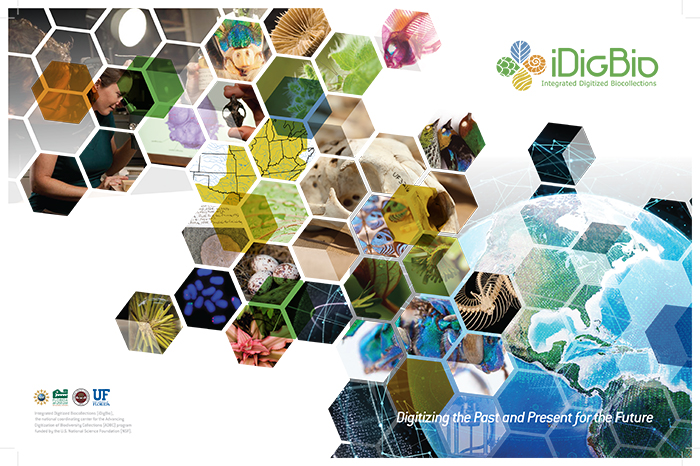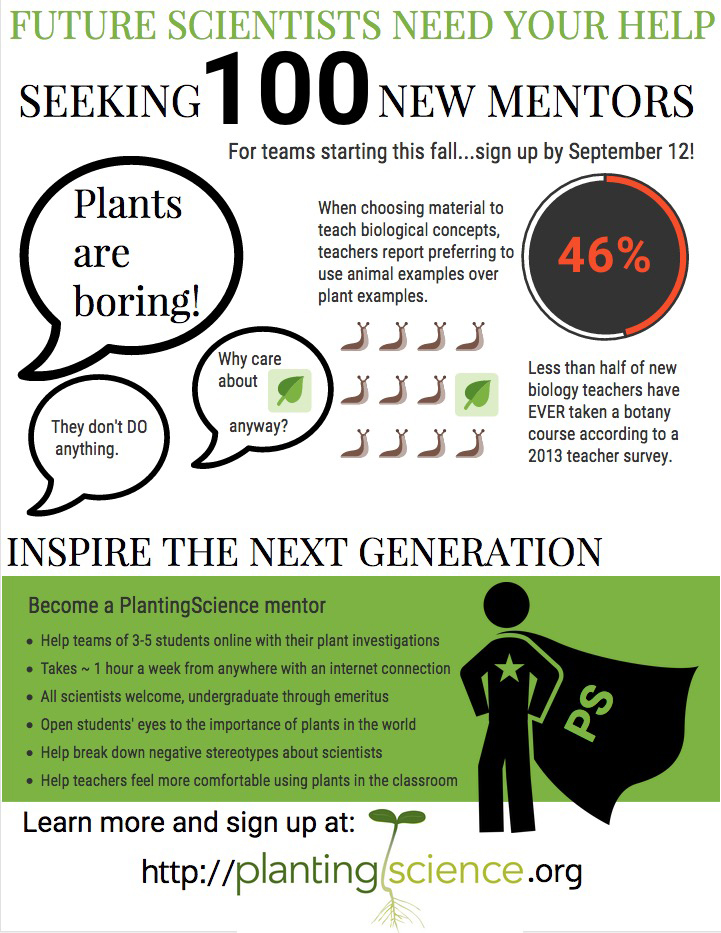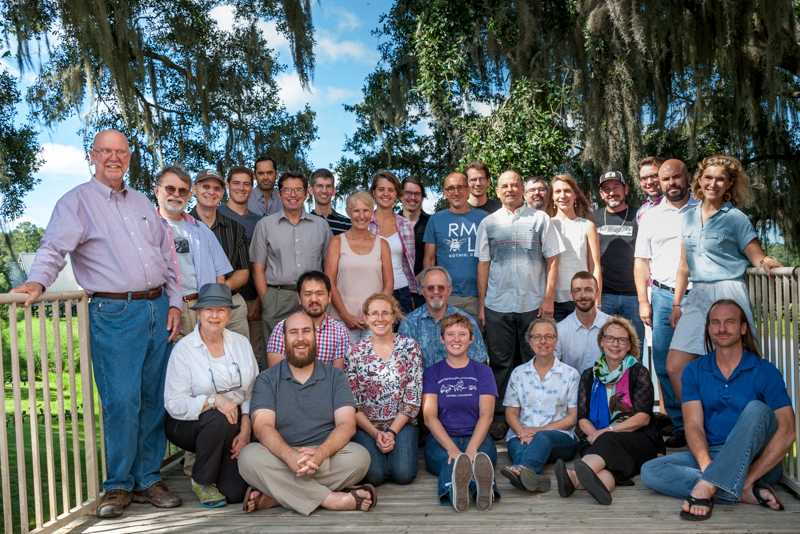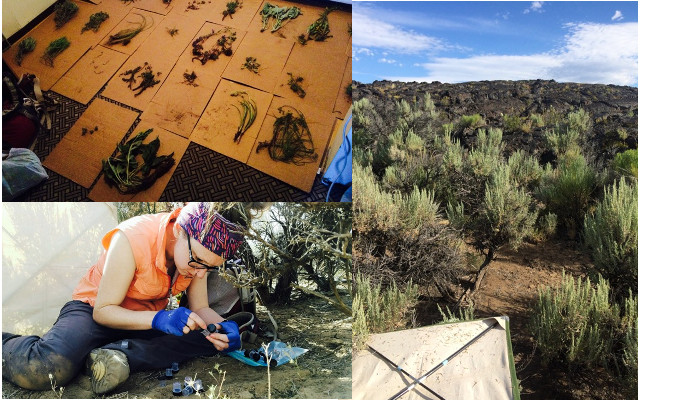Subscribe to the iDigBio Calendar
iDigBio provides an easy way to view iDigBio events on your computer's or mobile device's calendar. Choose the appropriate iCal file below and then subscribe or import it into your calendar. A few links have been provided to help you along your way.









